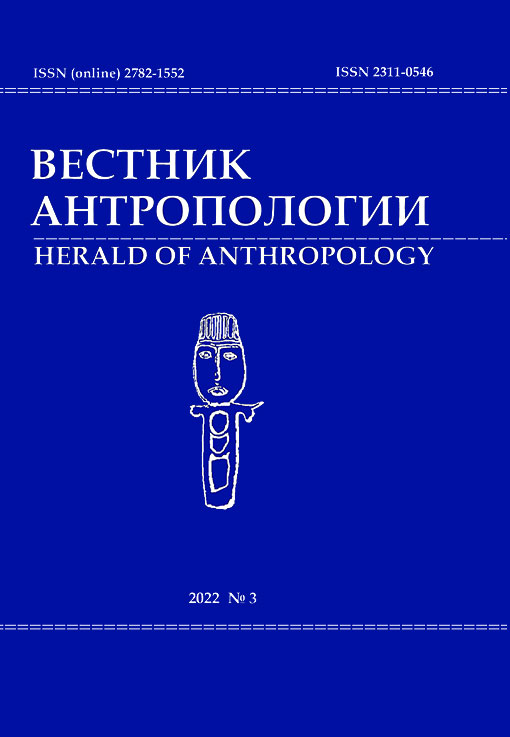Private Funerals in Soviet Union: From Infrastructure to Grassroots Regulation and Self-Supply Practices
10.33876/2311-0546/2022-3/77-88
Keywords:
infrastructure, funerals, USSR, diaries, crisis, revolution, grassroots practicesAbstract
The article shows how the breakdown of the funeral infrastructure that occurred in the first post-revolutionary years led to the emergence of grassroots funeral practices. The article describes the causes of the crisis. Based on materials from sources of personal origin and archival sources, the reaction of contemporaries to the difficulties of burying the dead is shown, as well as the emergence of grassroots funeral practices, including those where relatives and friends of the deceased solved the problem of lack of professional assistance during burial. In fact, the families of the deceased had to assume the main responsibility for providing funerals for ordinary citizens. Funeral homes were replaced by handicraftsmen who provided separate funeral services as a source of additional income. Although the most acute manifestations of the funeral crisis disappeared relatively quickly, the practices of
self-sufficiency that arose as a result of the crisis took hold and became systemic in later periods.





















